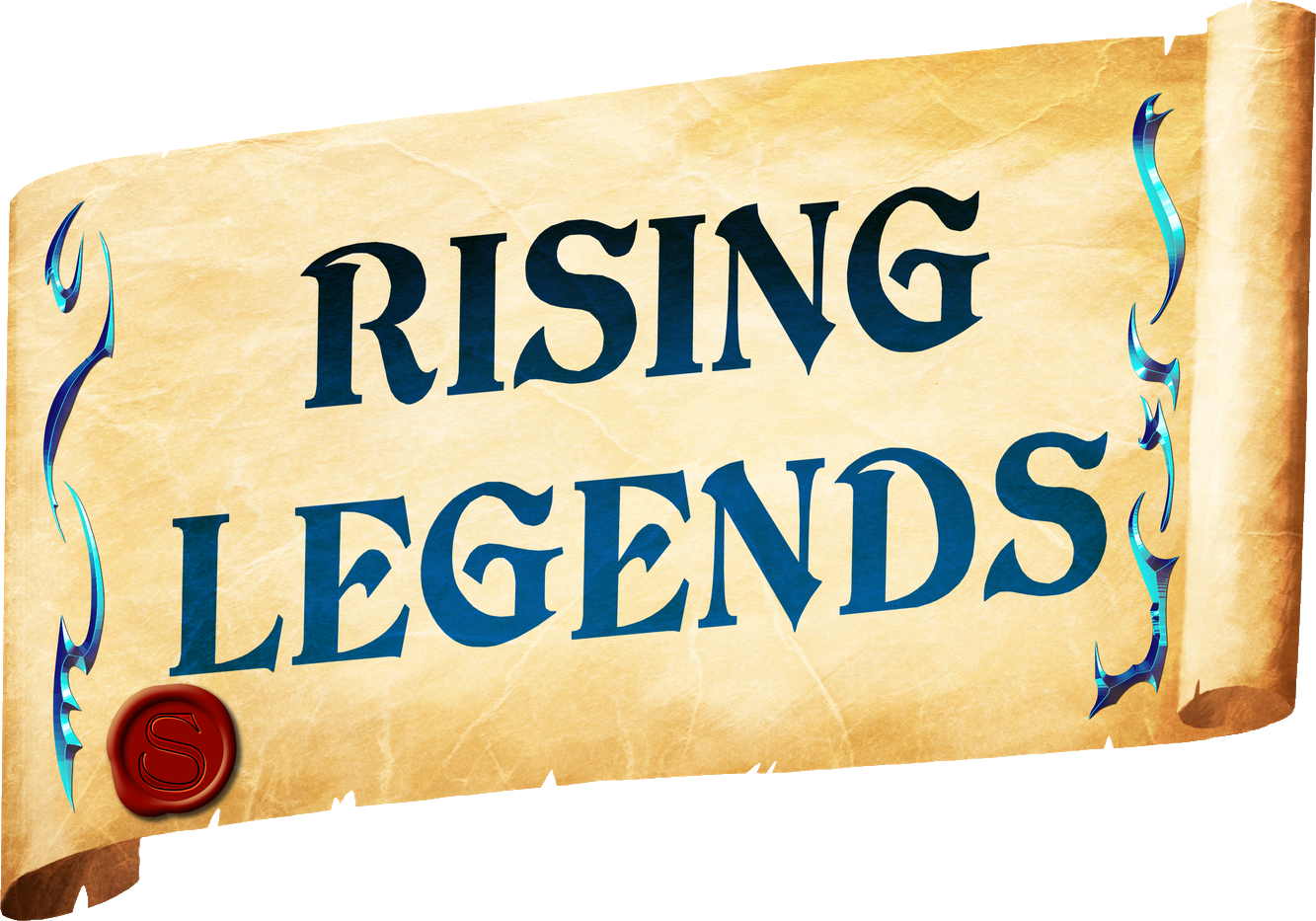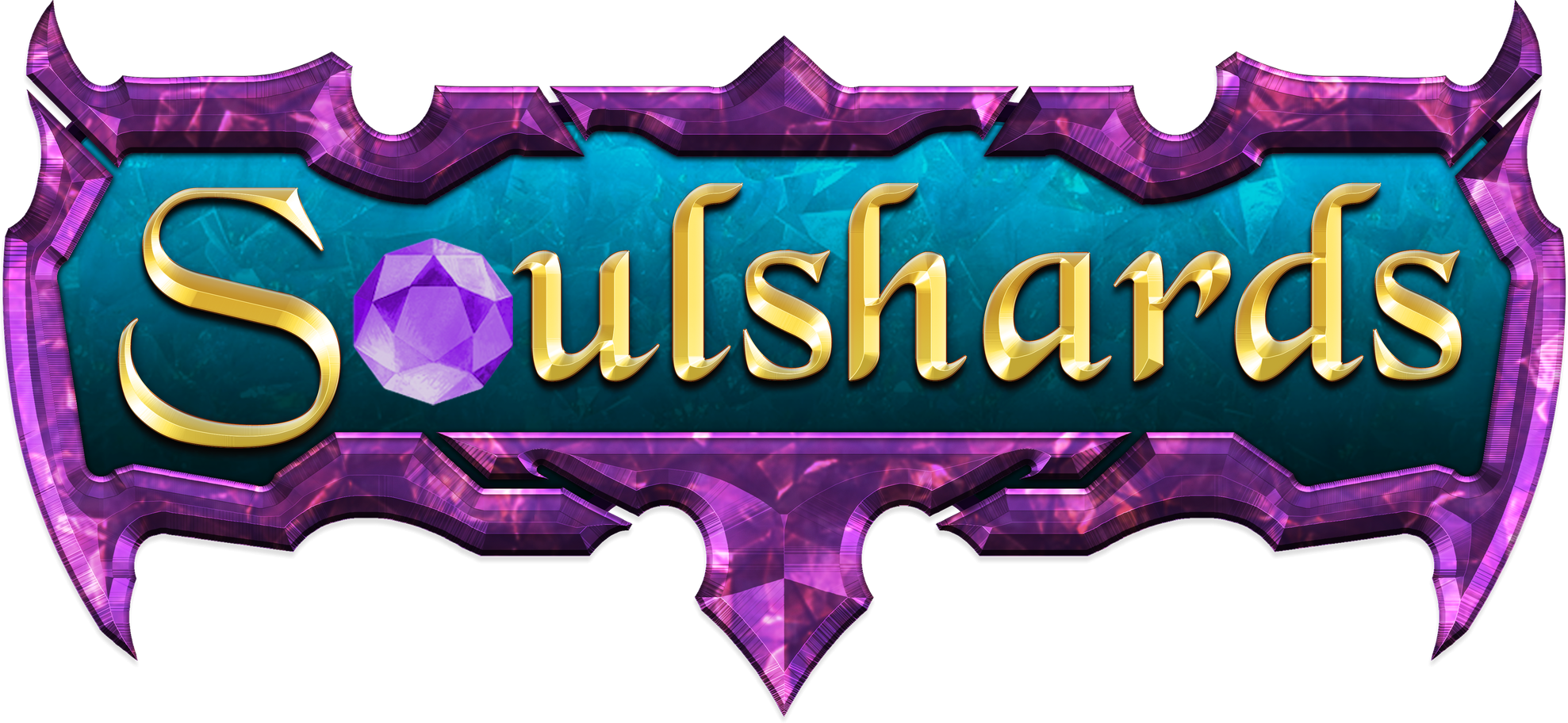

Recalling information you know does not use an action, although sharing what you know with your companions can be time consuming and troublesome. For a topic that is impossible for you to know about, your result is 0. You can only roll Knowledge once for any topic. If you have a penalty on your roll, as that penalty is reduced, remove that penalty from your roll. Rolls defined on this page are Knowledge rolls.
Pass Knowledge (Varies - Speak)
Give your knowledge on a specific topic to each creature that can hear and understand you. They may reroll their Knowledge on that topic. Any Research done applies to the new roll. Give them a bonus on their roll up to your Skill Tier used for the Knowledge + any bonuses you have on the roll. Their result cannot exceed yours, so your Knowledge roll becomes the Result Limit. This takes a number of minutes equal to the bonus granted squared.
Teach (Tools - Speak)
If you know how to use an object, you can teach listeners how to use it. This takes a number of minutes equal to the base Craft Tier of the object squared. The DL for you and each listener is equal to the base Craft Tier of the object.
General (Any)
All Skills can be used for Knowledge. See Gameplay for examples of what each Skill can be used for. The Soulweaver sets the DL based on how common information on a subject is, and you gain information based on if you reach or exceed that DL.
Abilities (Magic or Athletics)
Roll Magic for magical abilities and Athletics for non-magical abilities. To recall or identify an ability that you are exposed to or may exist based on a type of desired effect, Element, or name is DL 9. Aspects that can only be learned during character creation are identified with creature Knowledge.
Increase the DL by 3 for each of these that applies to the ability: Boosted, each Augment, Ritual, and Affinity Mastery. If the ability has a numeric requirement, increase the DL by half the highest amount. If you know the ability, have an Affinity matching any it is attuned to, or sense the effect, reduce the DL by 6 for each.
Creatures (Nature or Magic)
When encountering a creature that is not your species with the same root abilities, their grouping determines the roll you make. Roll Magic to know about Fae and Magic type species, Aberrations, Magical Beasts and Sentient Objects or Nature to know about Naturals, Animals, Ancients, and non-magical beasts. The DL is 3 + creature's rarity. Playable Species are rarity 3 + 3 for each root ability and secondary species they have and +3 if they are Ancient. If you are part of the same group and for each shared root ability you have, gain +3 on your roll.
Diseases and Poisons (Nature or Magic)
Know about a non-magical disease or poison with Nature or a magical disease or poison with Magic. The DL is equal to the rarity.
History (Poise)
Knowing details about historical events that you did not experience is Poise, DL equal to the rarity of the knowledge. The broader the scope of the topic, the more general the details you know are.
Objects and Crafting (Tools or Magic)
Knowing what an object does, how to use it, and how to craft it each requires a separate roll. After seeing an object used, you can roll for each what it does and how to use it. Otherwise, you must first handle the object for 1 minute x its Craft Tier. Roll Tools for non-magical objects or Magic for magical objects.
If you know how to craft objects of the type, gain a bonus on your roll equal to the Tier of object you can craft. Knowing how to use the object is DL 3 + Craft Tier. Knowing how to craft the object is DL 6 + double Craft Tier. Knowing details of what the object does is determined by your roll as shown below. Each object must be identified individually, even if you have identified objects of its kind before.
Social (Poise)
Knowing how not to offend people of a given area or culture is DL 6. If you share a culture, reduce the DL by 6. If you share the same species and root abilities, reduce the DL by 3.
Terrain (Nature)
Knowing the effects of the environment and the landscape of an area you see or think of is Nature, DL 6.
Research Document
Research documents only contain information of a specified scope rated in Tiers. Reading a Research Document causes the document to use Pass Knowledge. It takes Scope Tier x Result Limit x 10 minutes to read. These examples show how much information may be covered based on the Tier of the document:
© Grinning Demon Games ~ admin@SoulshardsRPG.com
--------------------------------------------------------------------------------------------------------------------------------------------------------------------------------------------------------------------------------------------------------------------------------------------------------------------------------------------------------------------------------------
Yitzi Santer: Creator | Clinton Menezes: Lead Developer | Travis Almon: Lead Writer Merch Store ~ The Team |